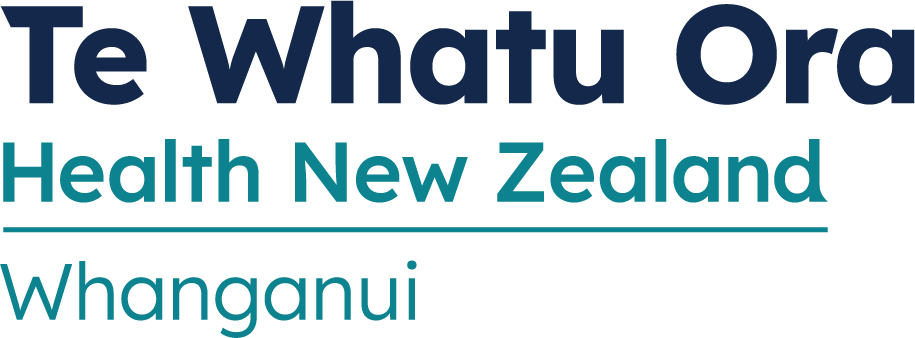
22 October 2019

Free bowel screening comes to Whanganui, and project manager Ben McMenamin (centre) leads the cake-cutting team.
Improving health outcomes for Māori will be a key focus of the national bowel screening programme which launched in Whanganui on Tuesday 22 October.
Over the next two years around 12,000 residents from the Whanganui region, aged 60 to 74, will be invited to participate in bowel screening. And it is expected that around 25 cases of bowel cancer – which kills 1200 Kiwis every year – will be found.
Whanganui District Health Board -- which covers Whanganui, most of Rangitikei and Ruapehu, and parts of South Taranaki – is the ninth DHB to join the free screening programme, with Māori a target population.
Whanganui’s Director of Māori Health, Rowena Kui, said: “High screening rates for Māori is a priority for the DHB, with 1679 Māori eligible for the programme.
“In order to achieve this, we have worked alongside the five kaupapa Māori health services across our district.

“Our focus has been to raise awareness of bowel cancer and promote our screening programme to Māori in their communities; to engage them and their whānau in understanding and participating in the programme.
“We are committed to the screening programme and achieving the best outcome for our communities, and are hopeful we can achieve the highest screening participation rates for Māori in the country.”
Whanganui’s bowel screening project manager Ben McMenamin has made presentations at a number of hui across the region, and has had a presence at a series of events, using a giant inflatable bowel as a hard-to-miss prop.
He acknowledged the support of iwi service providers -- Te Oranganui (Whanganui); Mokai Patea Services (Taihape); Te Kotuku Hauora o Rangitikei (Marton); Ngati Rangi Community Health Centre (Ohakune); and Te Puke Karanga Hauora (Raetihi) – in helping get the message out.
“Whanganui Cancer Society has also helped with promotion, consumer consultation and training people to use the inflatable bowel,” he said.
Whanganui GP John McMenamin is the Ministry of Health’s bowel screening lead for primary healthcare, and he was thrilled to see the programme launching in the Whanganui DHB region.
“There may be no warning that you have bowel cancer, so doing the bowel screening test is an easy way to identify that something might be wrong. I will be encouraging all patients in the 60-74 year age group to complete their kit when it arrives in the mail,” he said.



